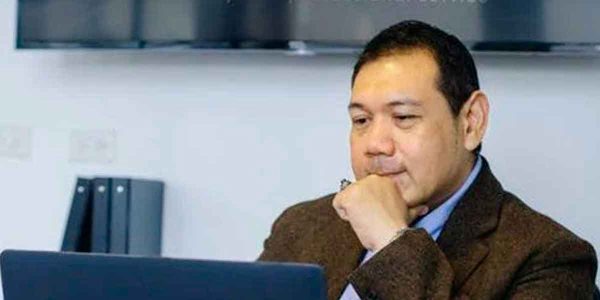A probate process is when a judge hears the case of a will. This magistrate is a probate court magistrate. The probate procedure establishes the legality of a decedent’s will. Additionally, the court allocates the decedent’s assets to specific people (beneficiaries) by the will’s stipulations.
What are the duties of an Executor?
Before starting a probate procedure, the executor must secure a copy of the decedent’s death certificate. In addition, the executor must also obtain a copy of the will.
The executor legally starts the probate procedure by submitting a “petition for probate” and a “notice of probate” to the court. The notice informs them that the executor has filed the petition and includes creditors, known relatives, and beneficiaries under the will. The petition is the executor’s formal request to manage the estate. The judge examines the petition.
The judge then issues “letters testamentary” following scrutiny. “letter testamentary is a letter from the court confirming the validity of the executor’s appointment. The executor has the right to act on behalf of the estate by the letters testamentary instrument. The executor next completes allocating assets to beneficiaries and paying estate creditors.
Can Someone Else Initiate the Probate Process?
Anybody with a stake in the decedent’s estate may start the probate procedure if the executor doesn’t. People who stand to benefit from the will, such as a creditor or beneficiary, then someone who owes money to the estate, usually start probate. An estate with significant assets is more likely to have probate requested by a beneficiary or creditor than an estate with fewer assets.
If the executor is not fulfilling their duties during the probate process, the judge may dismiss them at any time. Executors must always act in the beneficiary’s and estate’s best interests.
When is Probate Necessary?
Property transfers don’t necessarily need to go through probate. According to several states’ legislation, assets valued below a specific threshold can be transferred to heirs directly or through a streamlined version of probate. However, probate initializes if an estate is worth more than that.
“Intestate” are those if they pass away without a legally binding will. Each state has a set of intestate succession laws that specify who should get an inheritance based on familial ties to deal with circumstances like this. Intestate succession, for instance, frequently includes spouses, parents, siblings, grandparents, cousins, and more.
The probate procedure is also unnecessary for several accounts, including 401(k) plans, IRAs, and pensions with designated beneficiaries. The same is valid with insurance coverage. Following the performance or policyholder’s passing, money is immediately transferred to the designated beneficiary.
Identifying Assets for Probate
The executor must list the decedent’s assets and their values once the probate procedure starts. This typically entails reading through tax records, banking, and investment account statements.
Some states demand that executors provide the court with a report listing the decedent’s assets, their values, and how those values were determined. The “date of death values” are established by this.
Additionally, the executor could need to seize tangible assets like vehicles and works of art. It’s not essential to purchase the property. However, the executor ensures proper mortgage payments, insurance, and property taxes throughout the probate procedure. The decedent’s inheritance pays all these debts.
Other Duties of the Executor
An executor must also track down any of the decedent’s last creditors. These creditors typically have a limited time to make claims against the decedent’s estate. These time frames vary by state.
However, an executor can challenge these claims. The creditor may then petition the court to decide on the matter.
Conclusion
The probate court will manage the probate and estate administration procedure, which records and distributes a decedent’s estate after death. The probate court judge must also resolve any legal challenges about the administration of the estate or the legitimacy of a will.












